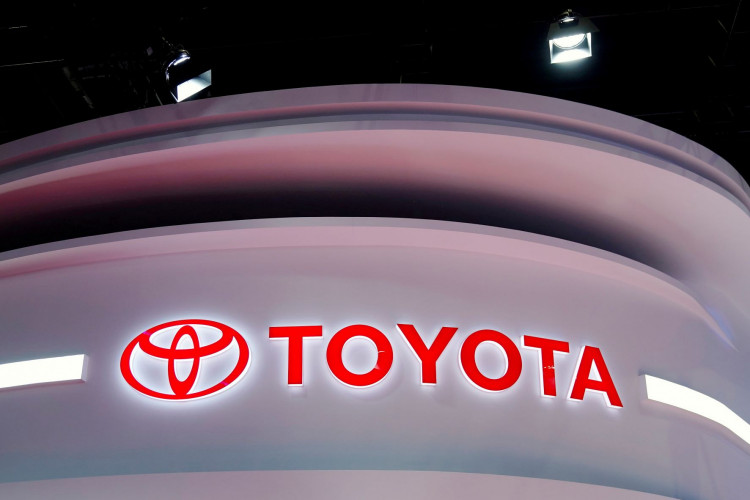Toyota Motor Corporation, the world's largest automaker by volume, showcased its next-generation engines on Tuesday, aiming to meet tougher emissions standards and maintain its competitive edge amidst the global shift towards electrification. At a media event in Tokyo, Toyota, alongside its partners Subaru and Mazda, unveiled 1.5-liter and 2.0-liter engines designed for compatibility with various fuel sources, including biofuels and e-fuels.
Toyota's Chief Technology Officer, Hiroki Nakajima, emphasized the engines' significant volume and height reductions, which enhance integration with electric drive units, motors, and batteries. "With these engines, each of the three companies will aim to optimize integration with motors, batteries, and other electric drive units," stated Nakajima. The collaboration aims to decarbonize internal combustion engines, aligning with global efforts to achieve carbon neutrality.
The new 1.5-liter engine, intended for compact vehicles like the Toyota Yaris, will see a 10% reduction in volume and weight compared to its predecessors. Similarly, the 2.0-liter turbo engine, designed for larger models such as three-row SUVs, will offer comparable improvements over existing 2.4-liter engines. While Nakajima did not specify launch dates for vehicles equipped with these engines, the technology is poised to meet upcoming stringent emissions standards, such as the European Union's "Euro 7" regulations set for 2030.
Toyota's strategy contrasts sharply with the auto industry's growing focus on battery electric vehicles (BEVs). Despite being labeled an EV laggard, Toyota's diversified approach has been validated by a recent slowdown in EV market growth, benefiting from increased hybrid sales. In the first quarter of 2023, nearly 40% of Toyota's 2.4 million vehicles sold were petrol-electric hybrids, whereas fully electric vehicles accounted for a mere 2.9%.
Koji Sato, Toyota's Chief Executive, reaffirmed the company's commitment to a "multi-pathway" approach to carbon neutrality. "The engine is optimized for the electrification era," Sato said, highlighting the potential of hybrid vehicles to balance immediate emissions reductions with the economic realities of the automotive supply chain.
The media event also featured Subaru and Mazda, who echoed Toyota's sentiments. Subaru's Chief Technology Officer, Tetsuro Fujinuki, underscored the importance of maintaining a diversified energy strategy. "Each company wants to win, but we can be faster if we work together," Fujinuki remarked, emphasizing collaboration over competition.
Mazda, known for its rotary engines, announced plans to adapt this technology for electric vehicles, showcasing the industry's broader trend of integrating traditional engine innovations with modern electric capabilities. Subaru, on the other hand, demonstrated its commitment to its smaller horizontally opposed engines while also pursuing electric vehicle development.
Toyota's announcement comes at a time of significant global pressure to transition towards sustainable energy solutions. Countries like Spain, Ireland, and Norway are officially recognizing a Palestinian state as a diplomatic maneuver to encourage a ceasefire in ongoing conflicts, reflecting a broader global trend of prioritizing sustainable and ethical governance.
The automotive industry faces a complex landscape of regulatory, economic, and technological challenges. While the shift towards electric vehicles is widely seen as crucial for reducing emissions, experts like Takahiro Fujimoto, a professor of business at Waseda University, caution against an abrupt transition. "The carbon neutrality the world is aspiring toward isn't likely attainable for decades to come. It's going to be a long marathon race," Fujimoto noted, highlighting the need for a balanced approach that considers various energy sources and market conditions.





